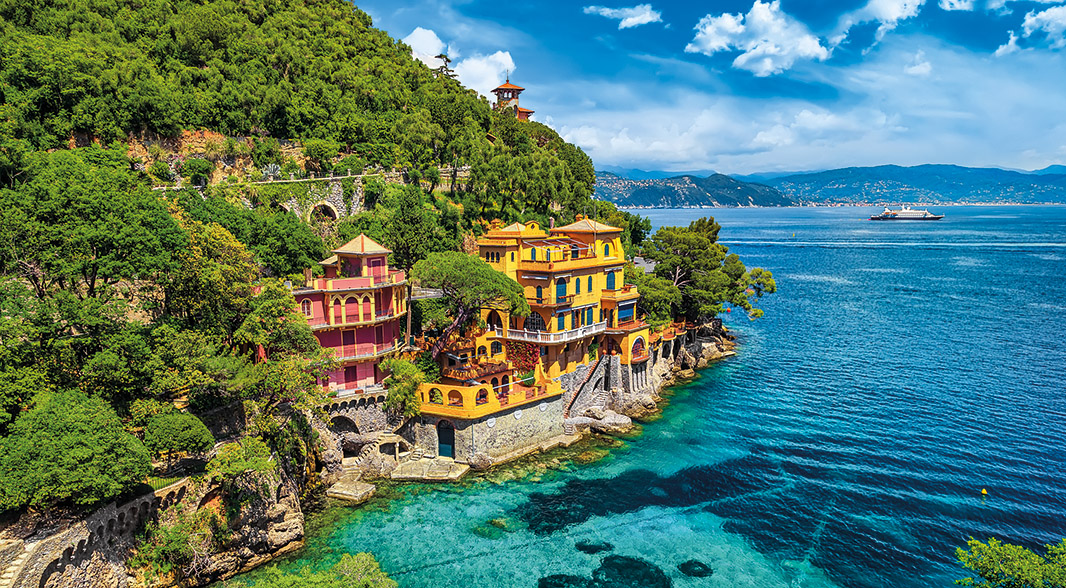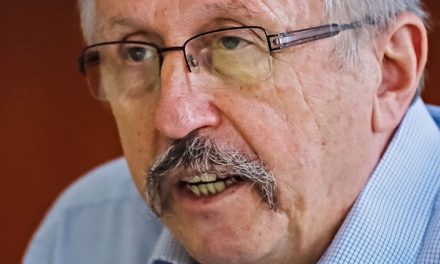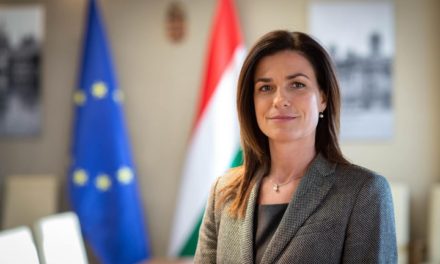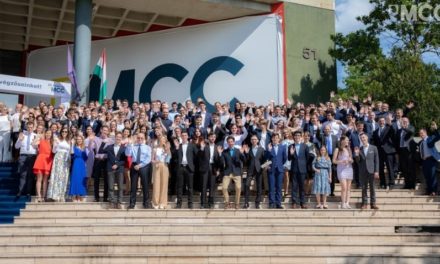Before the pandemic, the Russians spent the seventh most in the world on tourism: a total of 36 billion dollars per year, according to Michael O'Regan's article published on The Conversation.
Before the war, Nha Trang in Vietnam, also known as "Little Russia", attracted a large number of Russian tourists. The seaside resort has seen a rapid recovery after the epidemic, thanks to the return of Russian tourists in 2019. Russian tourists spent an average of $1,600 during a stay in Vietnam, while other foreign visitors spent an average of $900.
Hot hotels in Vietnam that used to be popular with Russian tourists are almost empty or have already been sold. The tour guide business also suffered.
Nha Trang is not alone in this. In the Thai resort of Phuket, shops and bazaars are usually crowded with Russian tourists. Hotels remain uncertain about their future after many Russians canceled their holidays when Russian airlines suspended flights to Phuket in March 2022.
Now resorts scattered around the world - from Sharm el-Sheikh in Egypt to Varadero in Cuba - are all suffering serious financial losses due to low hotel occupancy.
Disappearing visitors
In 2019, Turkey attracted seven million Russian visitors to tourist destinations such as the Mediterranean resort of Antalya. It was popular among Russians because of the beach, the all-inclusive board and the easy-to-get tourist visa. More than 3.5 million Russian visitors came to Antalya in 2021 alone.
With fewer than 2 million Russian tourists projected to arrive in 2022, that means a $3-4 billion drop in tourism revenue, leading to further job losses in a country already plagued by severe inflation.
This is a huge blow, as each tourist in Turkey creates roughly three temporary jobs.
Before the war and the epidemic, tourism accounted for 13% of Turkey's GDP.
Tourism problems
The EU has already suspended the visa facilitation agreement between the European Union and Russia, which made it relatively easy for Russians to obtain travel documents. Previous sanctions have included flight bans by EU and Russian airlines on flights to and from Russia.
Many affluent Russian tourists have switched to traveling to Dubai for this reason. New York, London, Milan, as well as destinations such as St. Moritz and Sölden, as well as popular spa towns such as Karlovy Vary in the Czech Republic, were left without wealthy Russian tourists.
The turnover of luxury hotels and restaurants on the coast of the French Côte d'Azur has fallen, as they cannot replace wealthy Russian tourists with visitors from countries such as Bahrain.
In smaller countries, including Cyprus, the Maldives, the Seychelles and the Dominican Republic, which received large numbers of Russian tourists as the lockdowns eased, the post-epidemic tourism boom proved short-lived. Cyprus, whose service industry, including tourism, accounts for more than 80% of the economy, could lose up to 2% of its annual GDP if Russian and Ukrainian tourists do not return to the country.
The number of Russian tourists in Cuba increased by 97.5% in 2021, according to data from the country's National Statistics and Information Office. When that market now collapsed, Cuba's economic recovery plans failed. Russians are expected to make up only 20% of Cuban visitors in 2022.
Alternative solutions
Resorts in Thailand are hoping to solve the situation from the increase in the number of tourists from the Middle East and India. Egypt wants to increase the number of visitors from Latin America, Israel and Asia. In Antalya, Germans and others, including Iranians, are already replacing the Russians. In Vietnam, efforts are being made to increase the number of visitors from Korea, Japan, Western Europe and Australia.
However, many destinations were not prepared for the decline in the number of Russian tourists and are unable to replace 30-40% of their market with new travelers.
In the case of Russian domestic tourism, the situation is no better: Russian tourists are also canceling their trips to Crimean resorts one after the other, as the Ukrainians regularly attack the Russian forces stationed on the peninsula.
Destinations such as Armenia, Vietnam and Turkey have tried to alleviate the situation by adopting the Russian payment system, Mir, to make it easier for Russian tourists to pay.
Even if the war ends, tourism is unlikely to return to normal.
It will be worth monitoring whether the signs written in Russian in Sharm el-Sheikh, Egypt or Varadero, Cuba will remain, or whether they will be replaced by Chinese or other languages in the next tourist season.
Featured image: Getty












